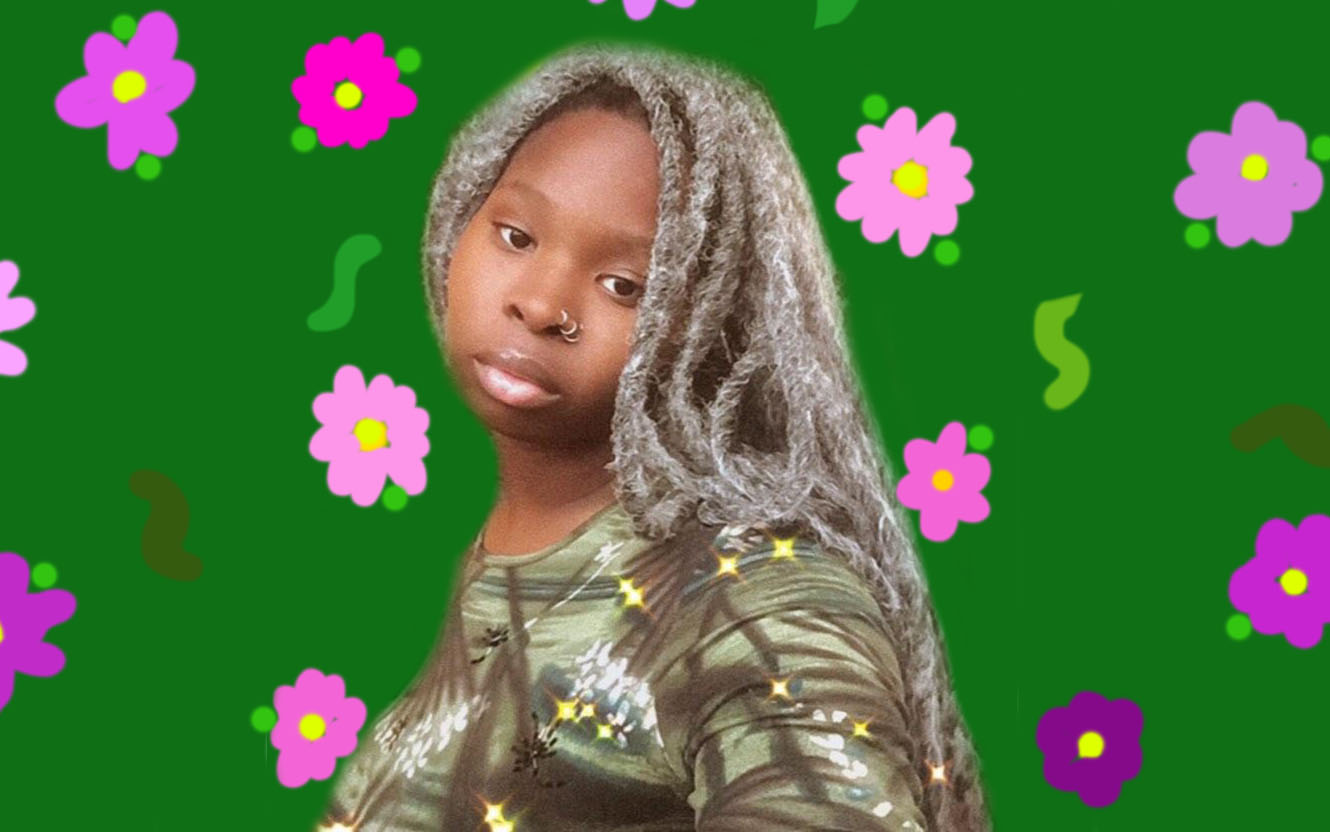
Aihs has been an advocate for sustainable living for years. She uses her Twitter account, which has over 18,000 loyal followers, to share her experiences, and tips, about creating less waste, and how people can become more independent when it comes to food.
Sustainable living is the ongoing journey of making environmentally sound choices that will have the best effect on you, your community, and the planet. The best, and easiest, way to get into sustainability is by making small decisions, like reusing mason jars and recycling, that will have a larger, overall impact on the health of Earth.
Food specifically causes us to create lots of unnecessary waste. In 2017, 38.1 million tons of food waste was disposed of, and the majority of it wound up in landfills and combustion spaces. The way some of us go about eating now encourages dependence on large corporations and has become one of the central aspects of discussions on environmentalism. Also, the COVID-19 pandemic has made many of us aware of how much we rely on takeout and grocery stores for food and also just how much plastic we use when we order out. But through self-awareness and conscious hard work, we can change the way we’ve been caring for ourselves, and the planet.
We spoke with Aihs about her investment in sustainable living and some ways you can get started on the path to Earth’s wellness now. Read our discussion below. _________________________________________________________________
G.U.: How did you first become interested in minimalism and sustainability?
Aihs: A genuine love for nature and all living things is really what moved me towards sustainable living. Minimalism seriously piqued my interest when I moved out of my parents’ house. I noticed how beneficial “less is more” was for my mental health. I experience extreme anxiety attacks when there are too many things in my house to worry about, so the solution became, buy or find a few quality things that I really enjoy.
G.U.: What are some simple plants that people can grow in any weather?
Aihs: For houseplants, it’s important to pair their watering needs to your mental health. If you have issues with remembering to water: air plants, mother-in-law’s tongue, or [a] ZZ plant would work well. Some of my favorite easy house plants include: spider, monstera, pothos, Philodendron, and Dieffenbachia. All of these plants have different varieties, so you can really splurge.
G.U.: What are some of the larger effects of waste, consumerism and unchecked overproduction?
Aihs: The larger impacts occur in a domino effect. Climate change, pollution, rising sea levels, methane gas being released rapidly in the arctic, the loss of habitat and resources for arctic animals and indigenous folks, homelessness, starvation and extinction, [will lead to the] death of all living things.
Wasteful habits, like littering, makes folks less invested in the upkeep of their surroundings, and that eventually impacts any environment and the people around us, especially if they are modeling the behavior they see.
What carries into the future is the sustainable behavior we normalize and hold others accountable for. As long as people stay tuned into the idea that they need to consume, don’t challenge food waste in essential shopping areas, and don’t prioritize demanding environmentally conscious shipping and packaging methods, the state of our environment will continue to decrease and waste will eventually outweigh nature.
G.U.: What’s the importance of self-sufficiency in times of crisis?
Aihs: Without self-sufficiency, we aren’t safe or independent. I thought that was the goal for most, but it seems obvious throughout history we’ve been indoctrinated into fighting for lighter barriers. As many natural disasters have shown, relying on government officials or even those outside of your community and class for aid when survival is on the line has proven inefficient, and even deadly. The way sustainability and self-sufficiency integrate predates the current barriers we have today, where our living standards and “needs” have altered so drastically that being self-sufficient is inaccessible for the people that need it the most.
It’s important to challenge the barriers and mindsets in place that are making this lifestyle so unaffordable. When people are truly capable of providing for themselves they are abundant. We can fill the gaps with education and empowering our communities to garden, however, we need a gigantic movement. [C]orporations need to be held accountable for making us less self-reliable. Scarcity and starvation are bringing out the worst behavior in folks when crises occur. [U]ntil we can tackle those issues, the average working person won’t feel motivated to demand sustainable options.
G.U.: What do you believe life will look like on the other side of this pandemic?
Aihs: I have a lot of hope that people are already drastically shifting the things they value. Small businesses will thrive as more people develop skills and education during this worldwide period of stillness. Most of all folks are going to have a strong understanding of what they don’t need, and they will grip tighter to their independence and health.
Photo credit: Source/Brooklyn White